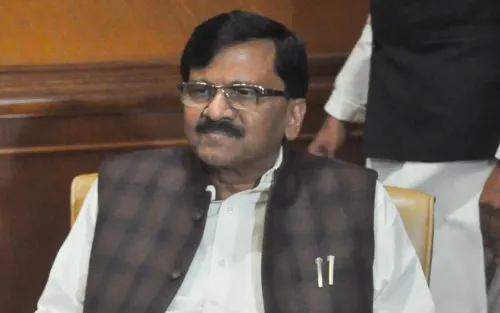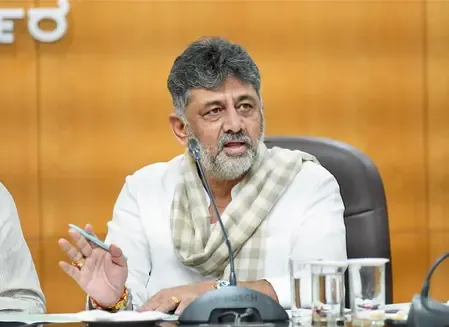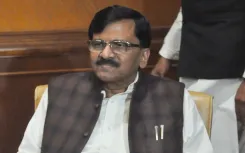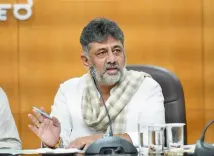Is AI Fully Translating to Measurable Gains? Insights from Prof. Tarun Khanna
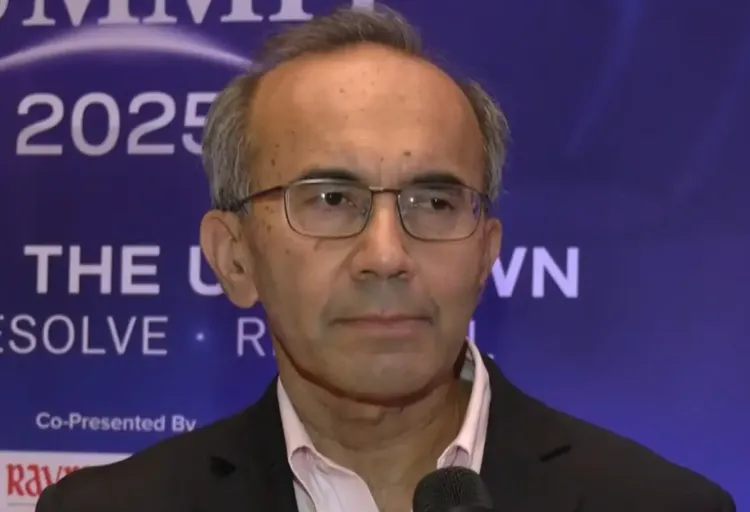
Synopsis
Key Takeaways
- India stands at a pivotal moment in educational reform.
- The transformative potential of AI is yet to be fully realized.
- Effective integration of technology can create opportunities for youth.
- Leadership from the PM's office reflects a focused governance model.
- Language exposure is vital for holistic education.
New Delhi, Oct 18 (NationPress) At the crossroads of technology, education, and governance, Prof. Tarun Khanna, the Jorge Paulo Lemann Professor at Harvard Business School, emphasized that India is experiencing a crucial phase in its developmental narrative, particularly with ongoing reforms in the education sector.
During an interview with IANS at the NDTV World Summit in Delhi, he highlighted the revolutionary potential of Artificial Intelligence, pointing out its impact across various professions, including the educational domain.
As an educator, he expressed, "We are still in the nascent stages of comprehending AI's genuine influence. It is vital to scrutinize which skills AI can substitute and where it can enhance human capabilities."
Prof. Khanna further noted that despite the extensive discourse surrounding AI, its tangible advantages have yet to be fully realized in measurable outcomes. “On a broader scale, we have not seen AI's benefits materialize in financial terms,” he remarked, suggesting that a more systematic adoption of technology could unveil new opportunities for India’s youth.
In response to Prime Minister Narendra Modi’s remarks at the summit, he commended the leadership for establishing clear national objectives.
“PM Modi is incredibly decisive. His vision for India, as expressed yesterday, is not only advantageous for the nation but also for humanity as a whole,” Prof. Khanna noted.
He mentioned that the direction provided by the Prime Minister’s Office, particularly concerning the Ministry of Education, signifies a focused and proactive governance style.
Regarding the government's proposed three-language policy, Prof. Khanna stated that while he is not fully informed about the specifics, he supports any initiative aimed at exposing students to multiple languages.
“If it is designed to enhance linguistic diversity, I consider it a commendable initiative,” he said.
Describing it as “an exhilarating period for India’s economic and social evolution,” he remarked that global educators and institutions are increasingly recognizing India as a hub of dynamic transformation.

